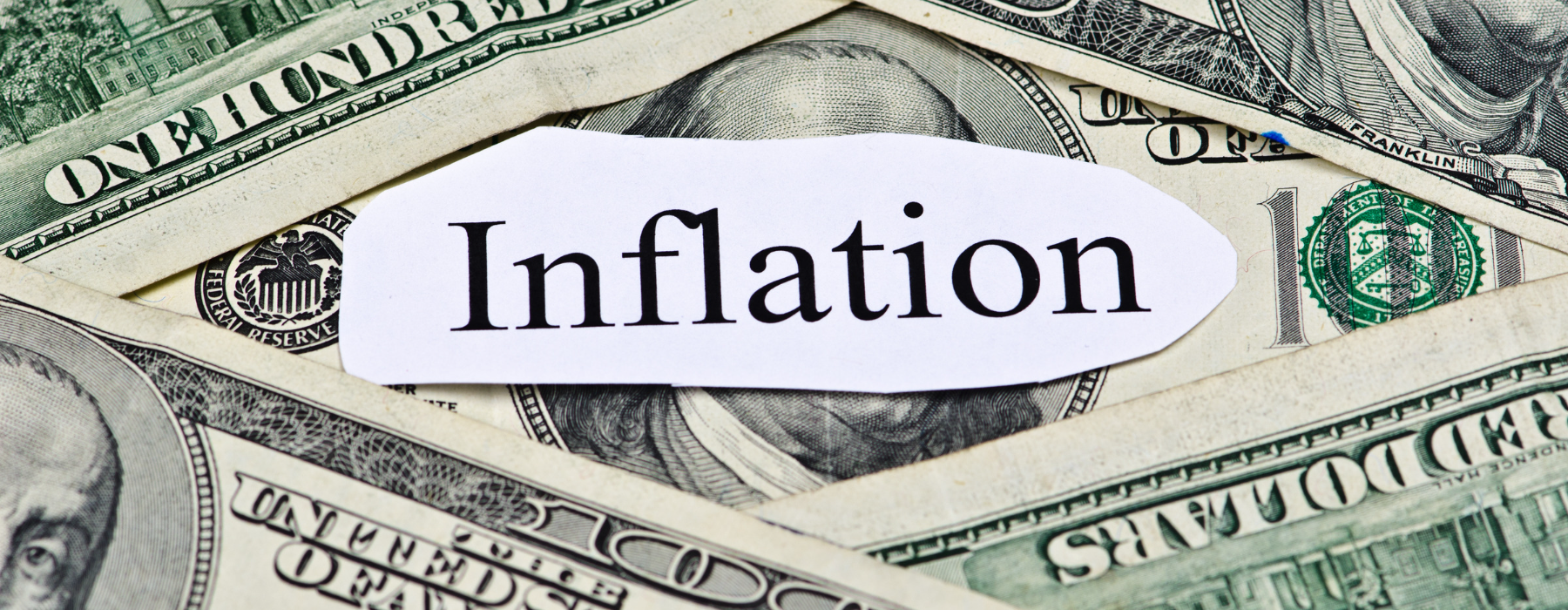We’ve all experienced the impact of inflation in various aspects of our lives, from higher fuel costs to increased grocery bills. Naturally, this raises concerns about how it affects the housing market.
What is inflation?
Inflation refers to the gradual increase in the prices of goods and services over time. The extent of inflation is measured through different indexes, with the most common being the Consumer Price Index (CPI). The CPI tracks the average cost of living, including essential goods and services like transportation, food, and healthcare. By analyzing these indexes, we can identify periods of inflation and assess how it influences the affordability of the cost of living.
Inflation leads to a decline in purchasing power as the value of the dollar diminishes. Conversely, deflation results in an increase in purchasing power due to falling prices of goods and services. As a consequence, home prices and rental costs fluctuate in accordance with inflation levels, thereby impacting the housing market.
Supply and demand dynamics
The law of supply and demand explores the relationship between buyers and sellers, particularly the price at which a buyer is willing to purchase a good. Inflation directly affects supply and demand dynamics. Historically, periods of high inflation have been associated with reduced demand for houses, primarily due to higher mortgage rates. This can lead to longer selling times for houses and, in some cases, a decline in their prices. While this may not be ideal news for homeowners, it’s worth noting that the overall value of houses tends to increase steadily over time. Consequently, houses generally sell for more than their initial purchase price. If homeowners are not in a rush to sell and can wait for the market to stabilize, the situation will eventually balance out.
On the other hand, this situation can be advantageous for homebuyers, as there is less competition for homes when more people decide to wait for mortgage rates to drop again. Given the unpredictability of inflation, it is challenging to determine precisely when rates will rise or fall. Ultimately, homeownership remains a highly valuable investment for a variety of reasons.

The value of homeownership
As mentioned earlier, inflation leads to a rise in the cost of all goods, including housing. Gas prices increase, groceries become more expensive, and material costs rise. While the relationship may not be one-to-one, inflation has a broad-reaching impact. Higher mortgage rates might deter some individuals from pursuing homeownership, causing them to consider rental options. However, rental costs are constantly fluctuating and are subject to the current economic climate. Thus, long-term fixed monthly payments are rare in rental situations. As of June 2023, the national median rent price stands at $2,100 per month, representing a 16.4 percent increase from the previous year. Conversely, when you purchase a home with a fixed mortgage rate, you have a consistent monthly payment that remains unaffected by inflationary fluctuations. Over time, the value of the property appreciates, increasing the value of your initial down payment. Homeownership is indeed an investment, but it proves to be highly rewarding. Furthermore, as of August 2023, mortgage rates remain lower than the historical average of 8 percent.
Inflation is not permanent
The good news for both buyers and sellers is that inflation is not a permanent state. Eventually, it subsides; otherwise, money would continue to lose value, which would have a significant negative impact on the national economy and individuals alike. Therefore, everyone can trust that inflation will decrease over time, benefiting all parties involved.

 Facebook
Facebook
 X
X
 Pinterest
Pinterest
 Copy Link
Copy Link






